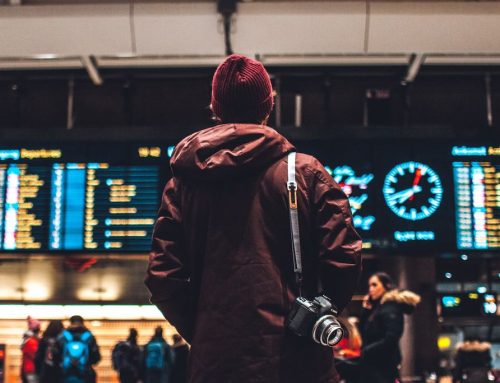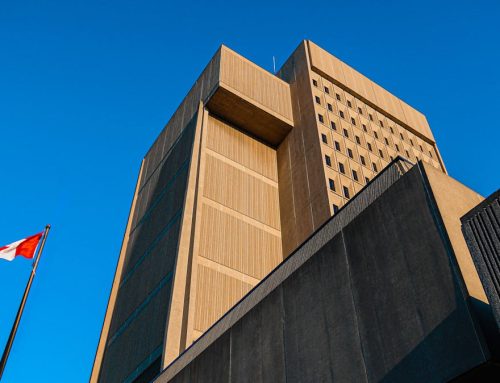In September, policy director and author Michael Vonn of the British Columbia Civil Liberties Association (BCCLA) wrote an article about the new policies Bill C-51 has brought in to the Secure Air Travel Act (SATA). The “no-fly” list, known as the Passenger Protect Program has changed from an older model where reviewing of these lists took place every 30 days.
It has now switched to a 90-day system where the Minister has to determine if each person on the list continues to meet criteria to be banned from flying. This is problematic because the new law also makes it is illegal to tell someone if they are on the no-fly list or not, and it has caused a surplus of delisting applications, which are not being reviewed properly.
At this point in time, if you are denied boarding or if you’re delayed by security because you’re on the “slow-fly” list, nobody will be able to confirm why by law. This fundamentally strips a person’s rights to information.
Who would be on these lists?
The list targets those with a past criminal history – anyone the Minister has reasonable grounds to believe that they will:
- Threaten transportation security
- Commit acts of terrorism and certain offences outlined by the Criminal code while traveling by air
Further Issues
Another prominent issue is if your application is not reviewed within 90 days, you will automatically stay on these lists. This allows the minister to ignore applications and leave innocent people on these lists to suffer consequences like losing employment or education opportunities, being unable to travel abroad or being trapped in another country.
The lack of information goes to such extremes that you may only get a summary of reasoning once you go through a judicial review process in court. This makes it very difficult for those who have been mistakenly listed because of false links and associations to terrorist activities.
There is very little assistance, information, or procedures put into place when it comes to this matter, yet this new act can share your listing information with foreign governments and there’s no limit on how that information can be used against you by a foreign state.
Safety and security
Does withholding information have any true security benefits? There is no evidence to suggest that. What we do know is that this secret conduct abuses power and mirrors the US system, which is famous for pressuring those on the no-fly list to become informants in exchange to be taken off these lists.












